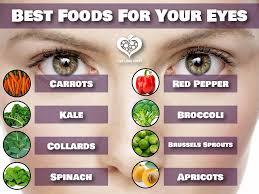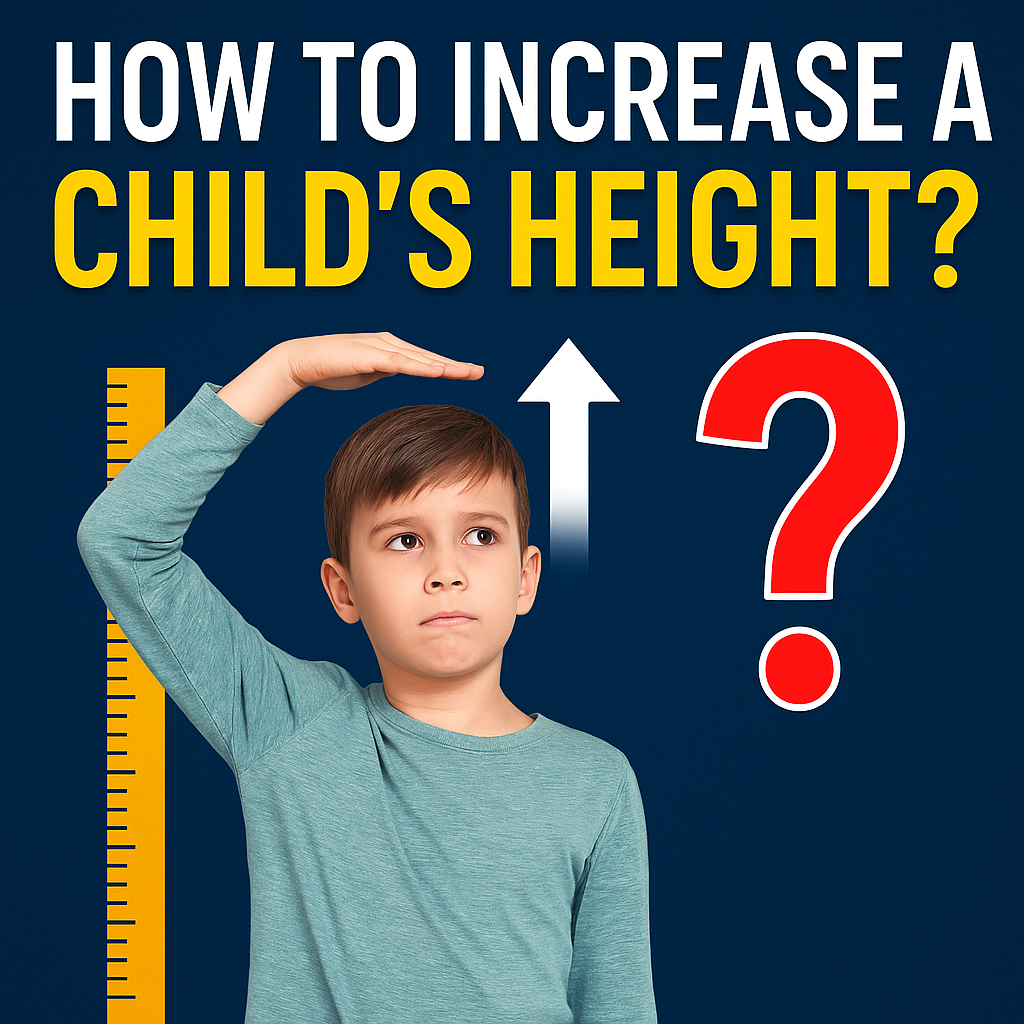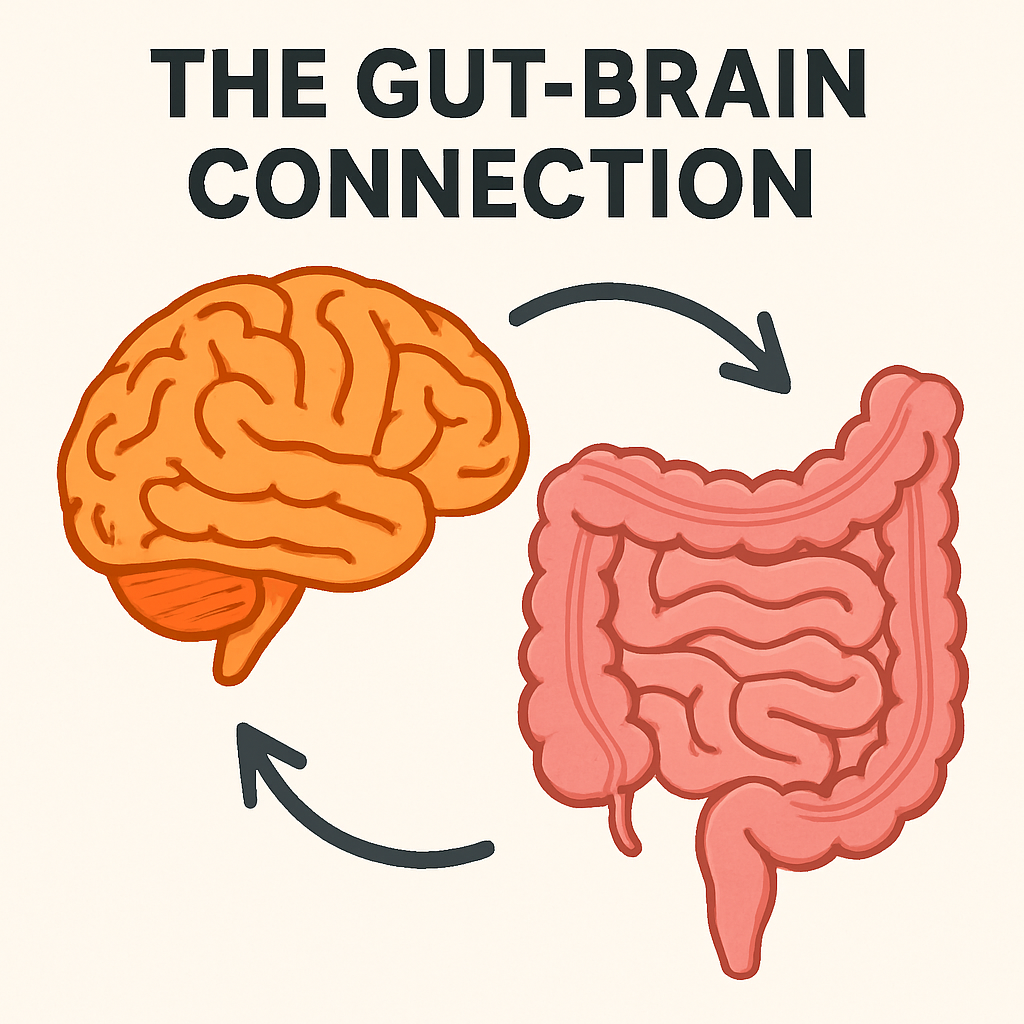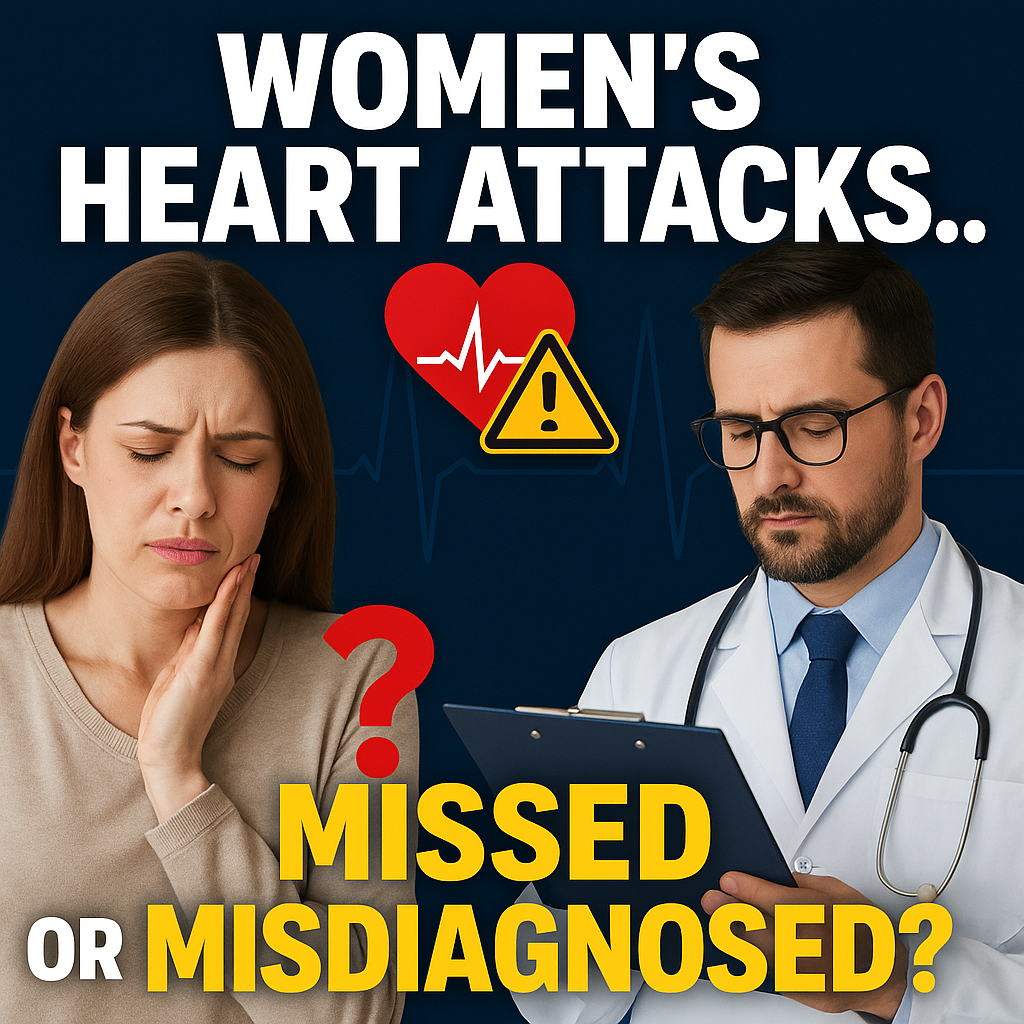🥦 What to Eat for Healthy Eyes

Our eyes are one of the most vital and sensitive organs in the body, yet they are often neglected when it comes to nutrition. Just like the rest of your body, your eyes need the right nutrients to function properly and stay healthy. Poor nutrition, digital screen exposure, UV rays, pollution, and aging all take a toll on your vision over time.
The good news? Eating the right foods can nourish your eyes, protect against vision loss, and even delay age-related eye diseases like cataracts and macular degeneration.
Let’s dive into the best foods for your eyes and the science behind why they work.
👁️ Key Nutrients That Support Eye Health
Before listing the foods, it’s important to understand the nutrients that play a major role in supporting good vision:
1. Vitamin A
Essential for night vision and protecting the surface of the eye (cornea).
Deficiency can lead to dry eyes, night blindness, and in severe cases, corneal ulcers.
2. Lutein and Zeaxanthin
These are powerful antioxidants found in the retina.
Help filter harmful blue light and protect against age-related macular degeneration (AMD).
3. Vitamin C
Antioxidant that supports healthy blood vessels in the eyes.
Reduces the risk of cataracts.
4. Vitamin E
Protects eye cells from oxidative damage.
Works well with Vitamin C and A.
5. Omega-3 Fatty Acids (EPA & DHA)
Found in high concentration in the retina.
Crucial for tear production, preventing dry eye syndrome, and reducing inflammation.
6. Zinc
Helps transport Vitamin A from the liver to the retina.
Involved in the production of melanin, a protective pigment in the eye.
🥕 Top 12 Best Foods for Eye Health
Here are the top foods to add to your diet for stronger vision and healthier eyes:
1. Carrots
Rich in beta-carotene, a type of Vitamin A.
Helps maintain clear corneas and improve low-light vision.
Try eating raw, juicing, or adding to soups.
2. Spinach and Kale
Loaded with lutein and zeaxanthin.
These leafy greens help absorb harmful light and protect retinal cells.
Steam or blend into smoothies for easy consumption.
3. Sweet Potatoes
High in beta-carotene and Vitamin E.
A delicious and colorful alternative to white potatoes.
4. Citrus Fruits (Oranges, Lemons, Grapefruit)
Packed with Vitamin C, essential for collagen in eye tissues.
Acts as an antioxidant and helps reduce inflammation.
5. Eggs
The yolk contains both lutein and zeaxanthin, plus zinc and Vitamin A.
Cooked eggs are a complete eye-nourishing food.
6. Fatty Fish (Salmon, Mackerel, Tuna, Sardines)
Rich in omega-3 fatty acids, especially DHA.
Helps with dry eyes, improves retinal function, and reduces inflammation.
7. Almonds and Sunflower Seeds
Excellent sources of Vitamin E.
Just a handful daily can help slow age-related eye decline.
8. Bell Peppers (Especially Red and Yellow)
Loaded with Vitamin C and beta-carotene.
The brighter the color, the higher the nutrient density.
9. Broccoli
Contains Vitamin C, lutein, and beta-carotene.
Great as a steamed side or added to stir-fries.
10. Blueberries
Packed with antioxidants and anti-inflammatory compounds.
Improve blood flow to the eyes and protect against retinal damage.
11. Pumpkin
Rich in beta-carotene, lutein, and Vitamin C.
Versatile in soups, stews, and even desserts.
12. Legumes (Lentils, Chickpeas, Black Beans)
High in zinc and bioflavonoids.
Help protect the retina and lower the risk of AMD.
🥛 Bonus Beverages for Eye Health
Green Tea: Contains catechins, which may reduce the risk of cataracts and AMD.
Fresh Orange or Carrot Juice: Great source of Vitamin C and beta-carotene.
Turmeric Milk: Anti-inflammatory and soothing for overall health.
🧴 Foods to Limit or Avoid for Eye Health
To keep your eyes healthy, also avoid or reduce the following:
Sugary foods & drinks: Can increase the risk of diabetic retinopathy.
Fried and processed foods: Loaded with trans fats that damage blood vessels in the eyes.
High-sodium diets: May increase the risk of cataract formation.
Alcohol in excess: Can dehydrate the body and damage optic nerves over time.
🧠 Lifestyle Tips Alongside Nutrition
Eating right is just one part of the equation. Combine these foods with healthy lifestyle habits:
20-20-20 Rule for screen time: Every 20 minutes, look 20 feet away for 20 seconds.
Wear UV-protective sunglasses when outdoors.
Get regular eye checkups, even if you don’t have vision issues.
Drink plenty of water to prevent dry eyes.
📋 Sample Daily Meal Plan for Eye Health
Breakfast:
Scrambled eggs with spinach + orange juice
A handful of almonds
Lunch:
Grilled salmon with quinoa and broccoli
Side of red bell pepper salad
Snack:
Blueberries or carrot sticks
Dinner:
Sweet potato soup + mixed green salad (kale, arugula, cucumber)
Green tea
🧓 Can Nutrition Prevent Vision Loss?
While food can’t cure serious eye diseases, research strongly shows that a diet rich in antioxidants, vitamins, and healthy fats can:
Delay or prevent the onset of age-related macular degeneration
Reduce the risk of cataracts
Improve night vision
Reduce eye strain and dryness
🗣 Final Words: Eat for Your Eyes
You only get one set of eyes — take care of them!
Adding a variety of colorful, nutrient-rich foods to your daily meals is one of the best things you can do for your vision. Whether you're trying to protect your eyesight, prevent future problems, or relieve dry and tired eyes, food truly can be your best medicine.
Start today — your future self will thank you with clearer, healthier vision!



